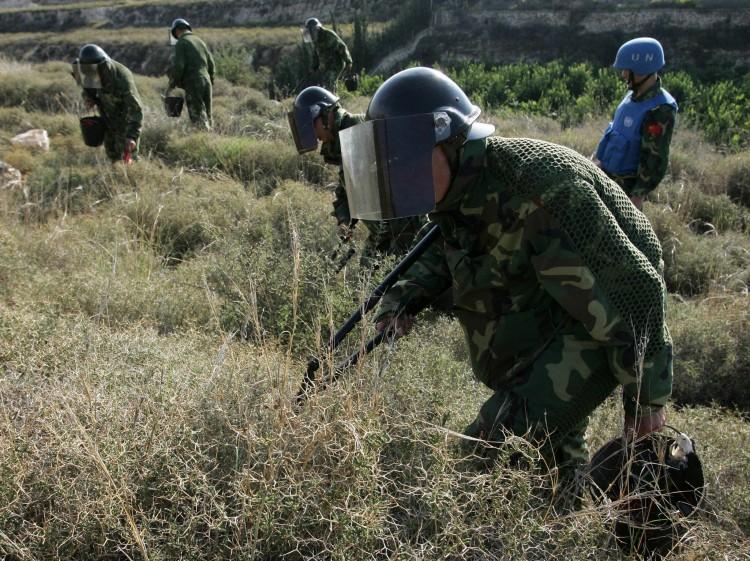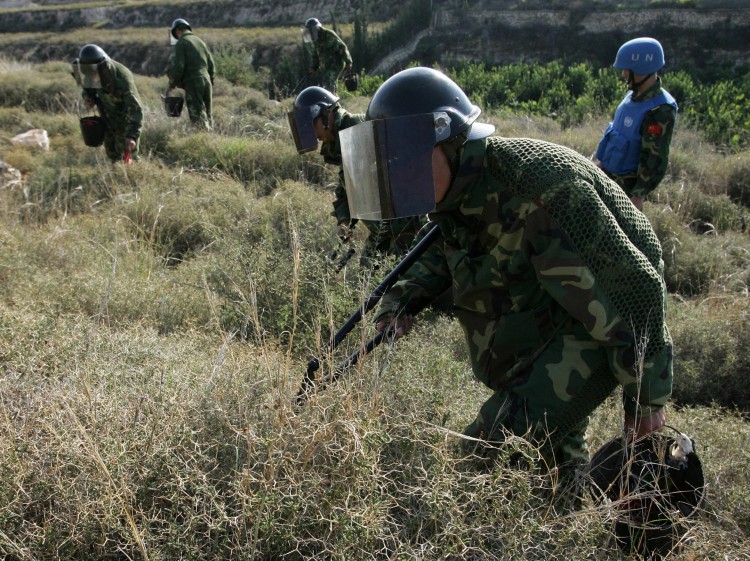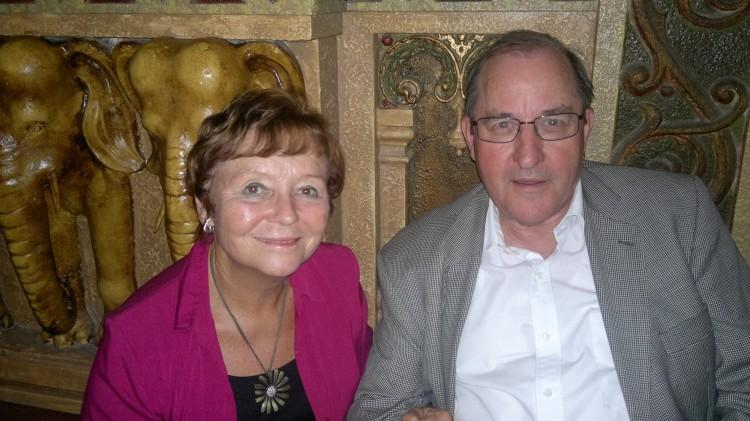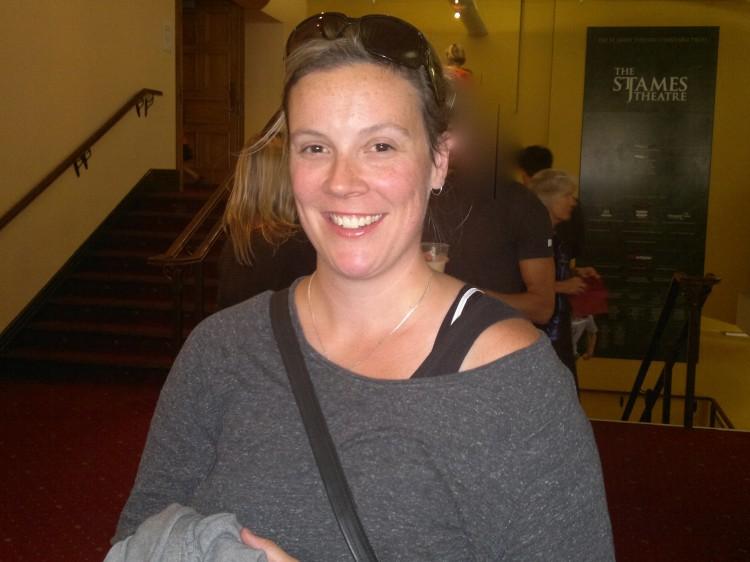Super Fund Holding Cluster Bomb Investment Says Green Party
The New Zealand SuperFund is carrying investments in companies that manufacture cluster bombs, says the Green Party.
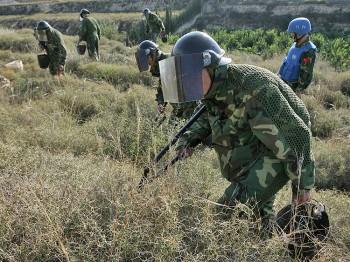
Cluster bombs kill indiscriminately being responsible for more civilian casualties, in Iraq in 2003 and Kosovo in 1999, than any other weapon system. Ramzi Haidar/AFP/Getty
|Updated:
